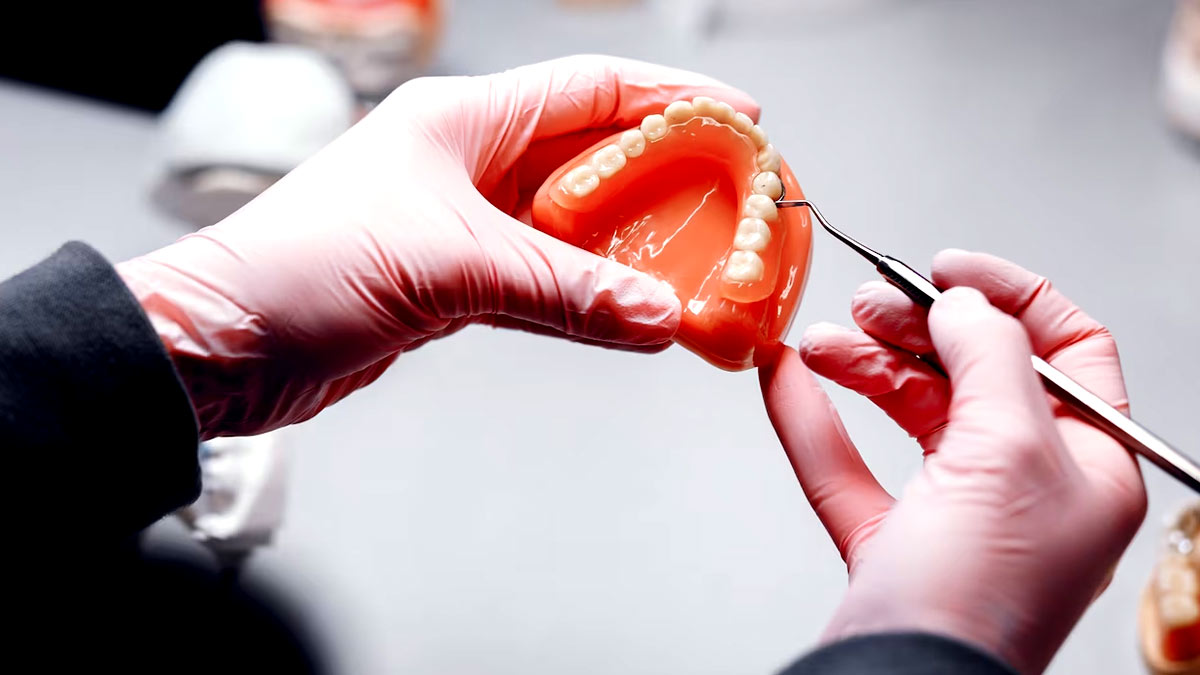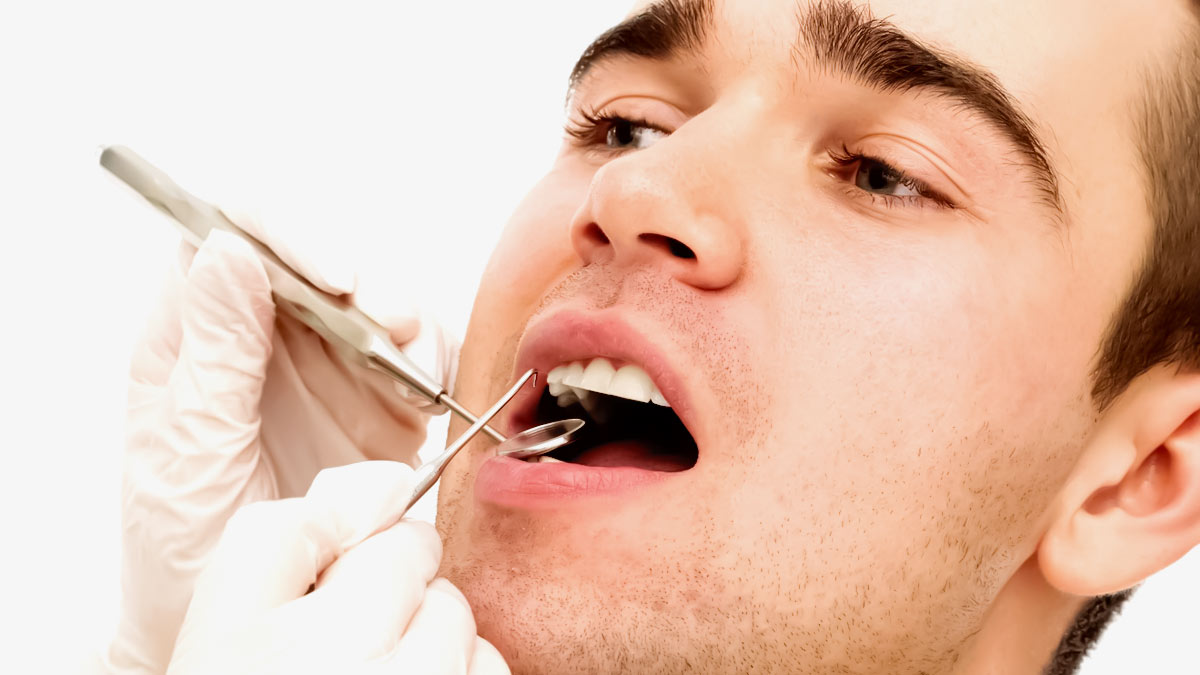
Daily brushing and flossing play a significant role in keeping plaque at bay, but sometimes, despite our best efforts, tartar can build up on our teeth. Tartar, also known as dental calculus, is a hardened form of plaque that can only be removed through professional dental cleaning. However, the internet is rife with suggestions on using tartar scrapers at home to remove this stubborn substance. To know whether you should use a scraper at home to remove tartar, we spoke to Dr Nihal Yadav, BDS, Amayra Dental Clinic, Kaushik Enclave, Burari, Delhi and Former Resident, Deen Dayal Hospital, Hari Nagar, Delhi.
What is Tartar Scraper?

"A tartar scraper is a dental tool designed to remove tartar from the surface of teeth. It typically has a long, slender handle with a hooked or pointed end, which allows for precise scraping," said Dr Yadav. He added that dental professionals, like hygienists and dentists, use these tools during regular dental cleanings to access hard-to-reach areas and remove tartar buildup effectively. "The procedure is called scaling, and it's performed to prevent gum disease, tooth decay, and other oral health issues that may arise due to excessive tartar buildup," he stated.
Also Read: 7 Natural Home Remedies To Get Rid Of Tartar In Teeth
Should You Use a Tartar Scraper at Home?
While the idea of being able to scrape away tartar in the comfort of your own home may seem appealing, it's essential to consider the potential risks and drawbacks.
Lack of Proper Training
Dr Yadav said that dental professionals undergo extensive training to use these tools safely and effectively. He added that the improper use of tartar scrapers at home can lead to gum damage, enamel erosion, or even accidental injury to soft tissues in the mouth.
Incomplete Removal
"Tartar can be quite difficult to remove entirely, especially for untrained individuals," said Dr Yadav. He stated that the incomplete removal may leave behind small deposits that can continue to contribute to dental issues, such as gum disease.
Increased Sensitivity

"People, while using tartar scrapers at home, may indulge in aggressive scraping, which can lead to increased tooth sensitivity, making it uncomfortable or painful to consume hot or cold foods and beverages," said Dr Yadav.
Gum Damage
Dr Yadav said that your gum line is sensitive, and when you improperly use a tartar scraper, it can cause irritation, bleeding, or recession of the gums, leaving you susceptible to gum disease.
Also Read: Gingivitis Vs Periodontitis: How The Gum Diseases Differ
Risk of Infection
Dr Yadav stated that when you use tartar scraper without proper sterilisation, you run a risk of introducing harmful bacteria into your mouth, leading to infections and oral health problems.
Masking Underlying Issues
"Using a scraper at home might give you a false sense of security, making you believe your oral health is in good condition while overlooking potential dental issues that only a professional can identify," said the doctor.
No Substitute for Professional Cleaning
Dr Yadav suggested that tartar scrapers are not a replacement for regular dental check-ups and professional cleanings. "A dental professional can assess your oral health comprehensively and address any concerns in a safe and controlled environment," he added.
Conclusion
While the idea of using a tartar scraper at home may seem tempting, it's best to leave tartar removal to the experts. Dental professionals have the knowledge, experience, and proper tools to perform scaling safely and effectively, ensuring that your oral health remains in the best condition.
[Disclaimer: This article is for informational purposes only. Consult your healthcare provider to get a thorough diagnosis and treatment as per your health needs.]
Image Credits: freepik







